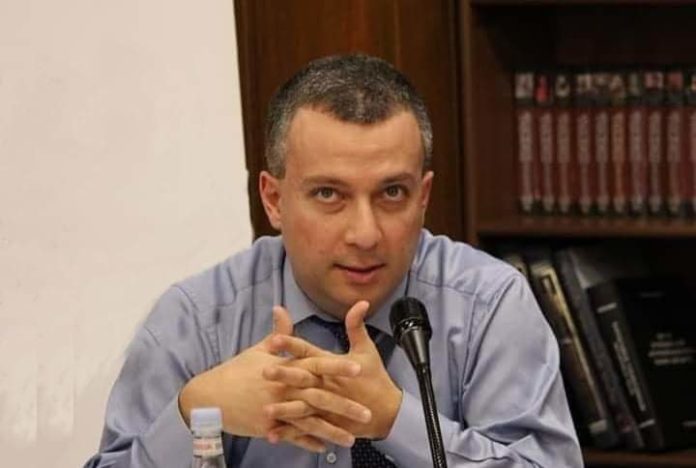Since Prime Minister Nikol Pashinyan’s March 18 visit to Voskepar and Kiranc villages in the Tavush region, discussions and debates have been underway in Armenia on the situation along the Armenia – Azerbaijan border in that region. The visit took place after the statement of the office of Azerbaijan’s Deputy Prime Minister Shahin Mustafayev, demanding the immediate return of “four non-enclave Azerbaijani villages’” located in Tavush along the Armenia – Azerbaijan border to Azerbaijan which were in principle covered in the demarcation and delimitation negotiations. During his meetings with villagers, the Armenian prime minister stated that “the process of delimitation and demarcation between Armenia and Azerbaijan was entering the practical stage.” Despite acknowledging that there were no agreements on maps and principles of the process and that Azerbaijan would not leave the Armenian territories currently under its control, the prime minister argued for withdrawing from those villages to avoid a new war. After these meetings, some representatives of the Armenian leadership, including the speaker of the National Assembly, started to state that those territories were not part of Armenia and should be returned to Azerbaijan.
What are the implications should the Armenian government unilaterally concede to these Azerbaijani demands? The consequences can be divided into three categories: logistical, military, and geopolitical.
Part of the Yerevan – Dilijan – Ijevan – Noyemberyan highway, one of the two main highways connecting Yerevan with the Bagratashen border crossing point located on the Armenia – Georgia border, passes through this area. It is most likely that this highway section will be closed the same way as Azerbaijan closed the Goris – Kapan highway in late 2021. Armenia has three border crossing points with Georgia – Bavra, Gogavan, and Bagratashen, with Bagratashen being the primary one, located only 70 km. away from the capital Tbilisi. The closure of this highway will not cut Armenia completely off from Georgia, as it remains possible to reach the Bagratashen crossing point via the Yerevan – Vanadzor – Alaverdi highway, plus Armenia may construct an alternative road to circumvent the areas to be given to Azerbaijan. However, all options will significantly impact Armenia–Georgia traffic and put additional pressure on the Armenian economy. According to the Armenian Statistic Committee, in recent years at least 70 percent of Armenia’s trade turnover passes via Georgia, and Bagratashen is the primary point here. In 2023, 2,855,821 persons passed through Bagratashen crossing point, while only 695,427 crossed Bavra and 166,173 the Gogavan crossing point.
Further, the Russia – Georgia – Armenia gas pipeline passes through the area, which Azerbaijan demands. In light of the Azerbaijani precedent of cutting the gas supply to Nagorno-Karabakh as soon as Azerbaijan took control of part of the Armenia – Nagorno Karabakh gas pipeline in the summer of 2022, chances are high that Azerbaijan will use the same tactics as leverage to put additional pressure on Armenia for further concessions. Technically, it is possible to construct a new section of gas pipeline, circumventing those areas, but again, it will require time and resources from Armenia.
Several Armenian-inhabited villages around the area — Voskepar, Baghanis, and Berqaber — will be partially circled by Azerbaijani territory and its inhabitants forced to make detours to travel in and out. In case Azerbaijan deploys troops to these territories, many Armenian houses as well as administrative and educational buildings will be located only a few meters from Azerbaijani military positions, putting additional pressure and suffering on the population living there and triggering a potential migration.
According to several Armenian military experts, the Tavush region has Armenia’s most advanced and well-constructed defense positions. Any territorial changes in that area will undermine Armenia’s defense and give Azerbaijan favorable positions for further advances in Tavush and the Lori region. In this case, Armenia should spend significant resources to construct new positions and relocate new forces to the area to increase its defense capacities.









